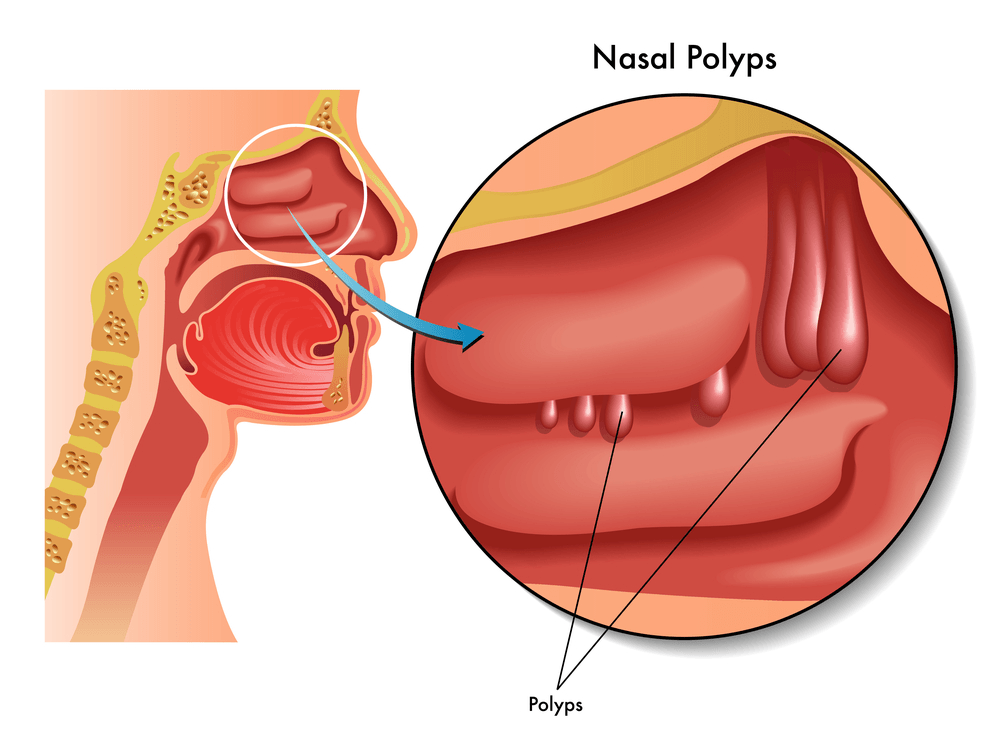8 Common Signs and Symptoms of Sinus Infections
Sinus infections, also called sinusitis, happen when your sinuses swell up. The condition is common and usually not dangerous, and in most cases, it clears up within two to three weeks. However, it can occasionally take much longer or fail to heal on its own, in which case you will need medicine or treatment. Dr. Thomas Higgins at Higgins Sinus in Louisville, KY specializes in this condition and will be able to help you recover fully.
Many of the signs and symptoms associated with sinusitis are similar to those of a cold, so you might not realize that your sinuses are the issue at first. However, you might have a toothache, bad breath, and pain in your cheeks, eyes, and forehead in addition to the standard fever, headache, blocked nose, and mucus that comes with a cold or the flu. Let's examine the symptoms of the condition and when you should see a specialist.
8 Common Signs and Symptoms of Sinus Infections that Require Treatment in Louisville, KY
1. Pain in Your Cheeks, Eyes, and Forehead
We have four paired sinuses in our body: the frontal sinuses are located above each of your eyes, the maxillary sinuses are behind the cheekbones and near your upper jaw, the sphenoid sinuses are close to the optic nerve, and the ethmoid sinuses are a collection of six to twelve air cells, each one opening into your nasal cavity.
When you have an infection of these tissues, one of the most common problems is pain in the area where they are located. Any or all of them could be hurting, and the ache will feel like dull pressure. Additionally, there might also be swelling.
2. A Toothache
Sinusitis is occasionally confused with a toothache because your maxillary sinuses are so close to the teeth. When the cavity gets inflamed and expands, there is pressure on the teeth, and they will start to feel painful. You will know that the trouble is related to your sinuses if your upper back teeth are hurting on both sides.
Sometimes, the issue is also reversed. If there is damage to the teeth, this might cause a chronic sinus infection because the roots may extend into the sinuses. You should always contact a dentist when you have pain in your teeth, but if your discomfort is not caused by any dental issues, you should consider speaking to a sinus specialist.
3. A Headache
When your sinuses are inflamed, you'll feel pain in several different places around your head, which may eventually cause a tension headache and throbbing. Many people who have been diagnosed with sinus problems also tend to have migraines because of the constant pressure on the head. Sinus headaches usually get worse when you bend forward or lie down.
It can be hard to tell whether you simply have a migraine or whether your pain is caused by sinusitis. If you don't have any other symptoms on this list, you should speak to your family doctor first because you might be suffering from a different condition. Similarly, you'll also know you don't have a sinus headache if you're sensitive to light, as this isn't a symptom of sinusitis but it is common with other types of migraines.
4. A Blocked Nose
A clogged nose is a very common symptom of colds or the flu, but it can also indicate a problem with your sinuses. When you're experiencing this issue, the membranes in your nasal passages become irritated and inflamed, and they produce more mucus to try and flush out the irritant that is causing the problem. As with most of the symptoms mentioned here, you can try home remedies first, but you should see a specialist if they last for more than 10 days.
Make sure to keep your sinuses moist, for example by taking steamy baths or showers and drinking a lot of water. You can also use some over-the-counter decongestants if your blocked nose is irritating you significantly.
5. Green or Yellow Mucus
Depending on what bacteria or viruses are causing the infection, the color and consistency of your mucus might vary. People who are suffering from sinus infections often experience increased mucus production over a long period of time, and they might have trouble clearing the thick mucus no matter how many times they blow their nose. In some cases, you might also cough up phlegm of the same green or yellow color.
6. Bad Breath
The mucus that develops as a result of your infection sometimes smells bad, so you might start to notice that you suffer from bad breath, even if you don't usually have this issue. This is because a person with sinusitis can't drain mucus as effectively, so everything that is filtered from the air can get trapped and start causing unpleasant odors, both in the nose and in the throat.
Fortunately, this smell will vanish once your sinus infection has cleared up. If you have a persistent issue that is very hard to address, your sinus specialist can perform a balloon sinuplasty on you, which is a quick, in-office treatment that offers permanent sinus relief. A small balloon is inflated in your sinuses so that the airflow and shape can be restored. That way, the mucus can begin to clear, and your bad breath will vanish with it.
7. Loss of Your Senses of Smell and Taste
The nasal stuffiness and buildup of mucus that comes with sinusitis sometimes cause you to lose your senses of smell and taste. This can be either full or partial, and in most cases, it will disappear when your sinuses clear up. However, the symptoms shouldn't last for longer than two weeks, and you should consider specialized treatment if you have trouble regaining either one of these senses.
8. A Fever
Many people develop a fever when they're fighting off an infection. Sinusitis usually does not cause a fever, so a rise in body temperature could mean a
complication of sinusitis, such as pneumonia or meningitis, or an infection in a different part of your body. Just like when you're suffering from a cold or the flu, you might have chills and muscle aches. If you have a body temperature greater than 100.4 degrees Fahrenheit for a prolonged period of time, you'll need to visit your physician.
Not only can persistent fever be dangerous if left untreated for a long time, but it can also make you feel fatigued and unable to function normally. Your doctor can tell you whether the sinusitis is behind the problem, so you can then get the help you need.
Sinus infections have a wide variety of symptoms that include ones similar to the common cold, such as a blocked nose, mucus coming from the nose, and a fever. However, you might also experience a loss of your sense of smell, bad breath, and toothache. If many of these signs are present and they persist after two to three weeks, you should see a specialist, as you might have a stubborn case of sinusitis.
Reach out to Dr. Higgins at Higgins Sinus in Louisville, KY to find out more about his innovative sinus treatments, particularly if your symptoms aren't improving or if you keep getting sinusitis. He will be able to evaluate whether there is a problem that needs to be fixed permanently and what the next steps could be.
Thomas S. Higgins, MD, MSPH
Dad. Husband. Sinus Nerd.















